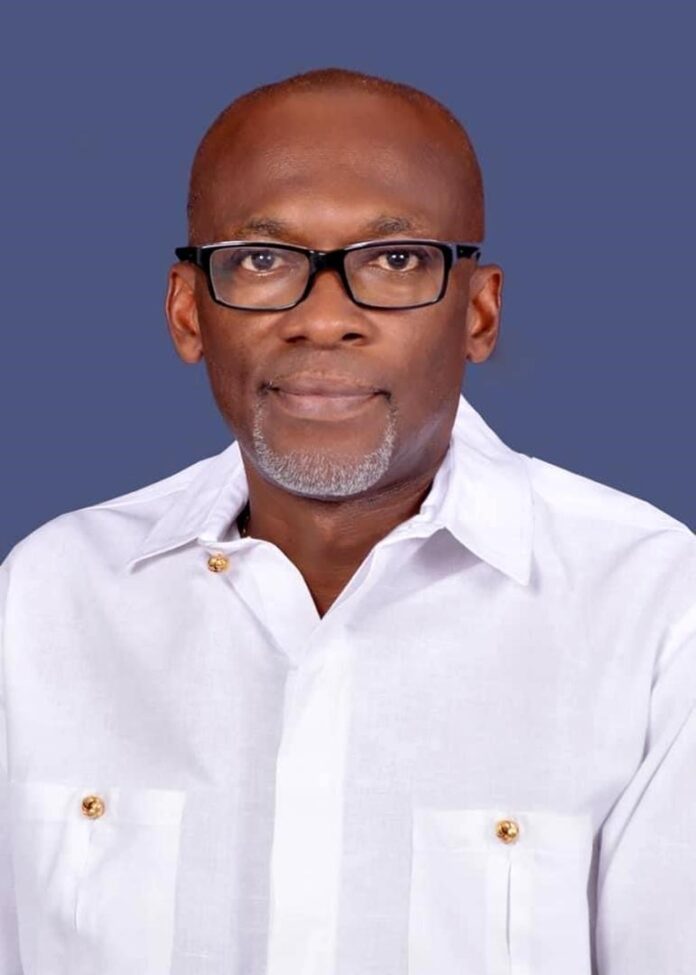They walk into newsrooms and PR offices with the confidence of veterans—armed with degrees, gadgets, hashtags, and soundbites. But behind the confidence often lies a dangerous illusion: that they’ve arrived.
Many young professionals in journalism and public relations today are skipping the crucial stages of mentorship, training, and steady professional growth. They want to lead before they’ve learned. They want to be seen before they’ve served. And that’s not how it works—not in this profession, not in any profession.
As someone who has spent decades in both journalism and public relations practice, I can say with conviction: communication is not about appearances; it’s about substance. And substance is only built over time—through patient learning, deliberate practice, and constant retooling.
Mentorship: The shortcut that isn’t a shortcut
Mentorship is the most underrated asset in the early stages of a communicator’s career. The difference between a good professional and a great one is often who mentored them.
It was the guidance of experienced editors and seasoned PR strategists that sharpened my judgment, challenged my assumptions, and taught me the ethics and nuances of communication.
That kind of learning doesn’t come from a classroom or a trending post. It comes from relationships. From real-world wisdom passed on quietly in newsrooms, boardrooms, and sometimes over lunch.
Young practitioners must actively seek mentors—not because they are weak, but because they are wise enough to know they don’t know it all.
Training: The Foundation of Excellence
A degree is not the finish line; it’s the starting point. The professional world of communication demands far more than academic credentials. It requires practical skills, ethical grounding, critical thinking, audience insight, and message discipline.
Structured training—through workshops, internships, industry conferences, or in-house development programmes—is essential. You don’t grow in a vacuum. You grow in environments where feedback is given, mistakes are corrected, and craft is refined.
Training also helps standardise quality. Whether in journalism or PR, training reinforces the codes of conduct, storytelling techniques, and crisis communication protocols that define professionalism. Without training, errors become norms. And when that happens, trust—the lifeblood of communication—begins to erode.
I taught at the Ghana Institute of Journalism, now known as the University of Media Arts and Communication (UniMAC), during the 2017/2018 academic year. My courses included News Reporting at Level 200 and Feature Writing at Level 300.
Continuous Learning: The Real Competitive Advantage
In our fast-evolving media landscape, standing still is falling behind. Tools are changing. Platforms are multiplying. Audiences are fragmenting. And what worked yesterday may no longer work today.
That’s why continuous learning is non-negotiable.
You must read widely, stay curious, adapt to new technologies, and understand emerging trends—from AI in journalism to influencer partnerships in PR. The best communicators aren’t the ones who know everything; they’re the ones who never stop learning.
I walk this talk by actively participating in a number of professional associations whose resources, networks, and development initiatives have shaped and sustained my professional journey. These include:
- Institute of Public Relations (IPR), Ghana – the premier body for public relations professionals in Ghana. I have served as a Council Member on two occasions and am currently Chair of the International Relations Committee, championing global connections and best practice alignment.
- International Public Relations Association (IPRA) – a global network of professionals advancing ethical and effective PR. I’ve been a judge of the prestigious Golden World Awards (GWA) since 2020, and have moved from the Standard to the Professional category for enhanced access to insights and participation.
- Public Relations Society of America (PRSA) – the largest organisation serving the communications community in the U.S. PRSA’s extensive professional development tools and ethical framework are invaluable to any communicator committed to staying sharp.
- Ghana Journalists Association (GJA) – the respected voice for journalists in Ghana, of which I’ve been a proud member for decades. I’ve served on the GJA Awards Committee on four occasions, and twice on the Elections Committee—first as Secretary and later as Chairman.
Membership in these organisations is not a badge of honour; it is a deliberate strategy for growth, learning, networking, and contribution. They offer tools for professional development, endorsement, participation, and access to discounted global training resources. Most importantly, they keep one grounded and aligned with ethical, forward-thinking practice.
The Danger of “Arrivedism”
The mindset that “I’ve arrived” is perhaps the greatest enemy of progress. It blinds young practitioners to their flaws. It distances them from potential mentors. And it causes them to reject the very feedback that could sharpen their edge.
In the end, “arrivedism” creates shallow communicators—loud, visible, but ineffective. Our profession deserves more. Ghana deserves more. Africa deserves more.
A Word to Employers and Seniors
To the older professionals and managers: we must make space for mentorship. Let’s not withhold what we painfully learned. Let us nurture the next generation by being present, patient, and proactive. Create training opportunities. Champion continuous development. And most importantly, be the kind of mentor you wish you had.
Final thoughts
To the ambitious young communicator reading this: take your time. Learn the ropes. Embrace mentorship. Seek training. Make continuous learning your lifestyle. Because while talent may get you through the door, only character, competence, and commitment to growth will keep you in the room—and take you to the top.
Nobody truly “arrives” in this profession. We evolve. We grow. We become.
And the reward of that mentorship journey is – trust and credibility.










